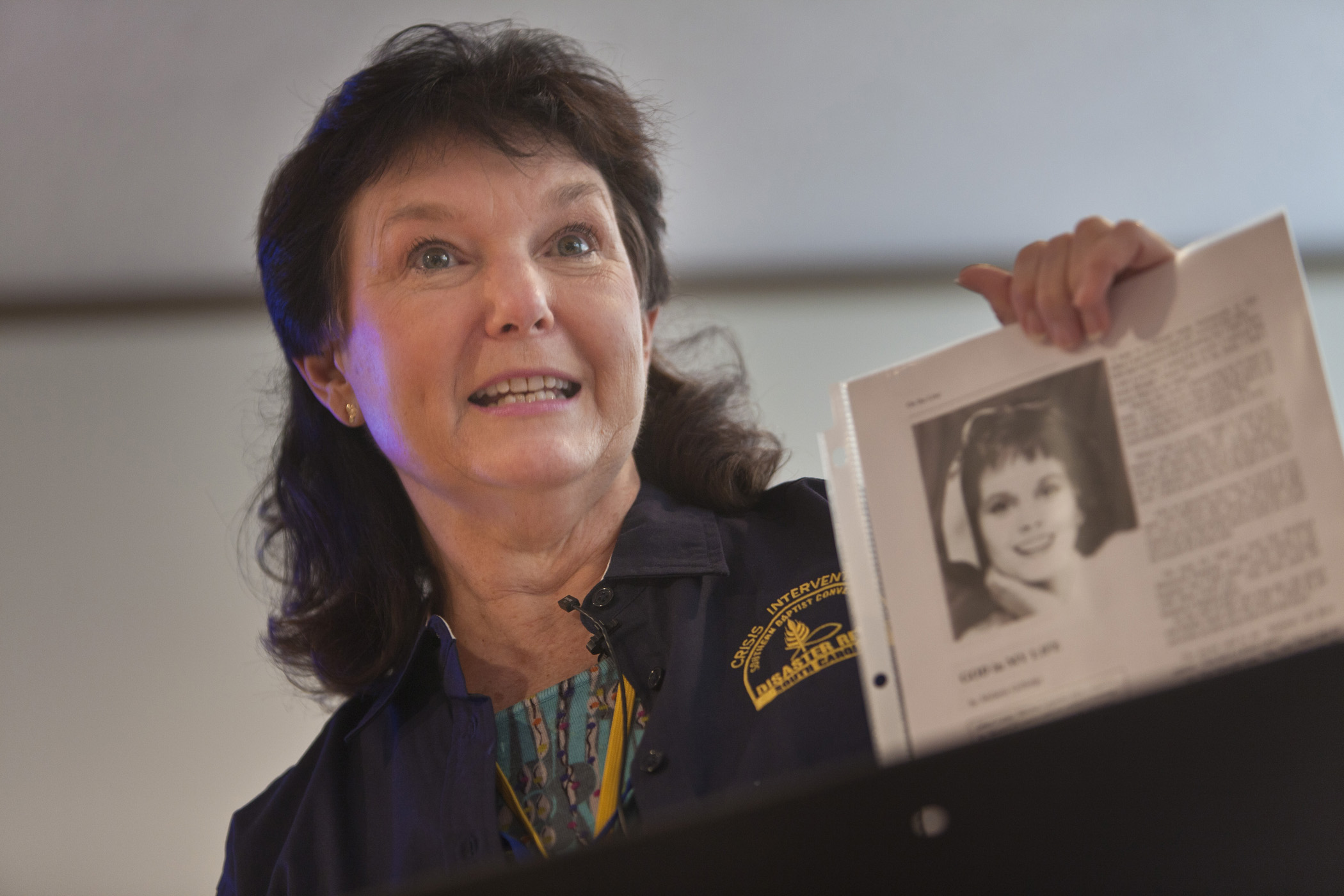
TOKYO (BP)–It’s a lot different this time. So much so that Southern Baptist disaster relief specialist Don Hargis looks incredulous if you try to compare Haiti’s earthquake or even the 2004 South Asia tsunami to Japan’s March 11 triple disaster.
Of course, there are the obvious differences — a 9.0-magnitude earthquake, a tsunami that brought in three walls of waves measuring 50 feet high and then don’t forget the invisible radiation threat of the ongoing nuclear crisis.
And then, there are the not so obvious differences — Japanese government restrictions early on didn’t allow international agencies to help with the search and rescue or meeting basic needs, a snow storm set in hours after the tsunami hit, parts of the disaster zone are closed off due to radiation and then the ingrained Japanese culture of stoic perseverance summed up in one word, “ganbatte.”
There are no English words or phrases that properly describe this “ganbatte” mentality. The closest might be “be tough,” “do your best,” “hang in there” or “try harder.” However you interpret the phrase, it comes down to one thing: The Japanese will do whatever it takes to persevere, with or without help.
“You can’t even compare this to anything we’ve ever responded to,” says Hargis, from Copper Springs Church in Clovis, Calif. “This is our first time to respond to a place that had three major disasters hit one area all at the same time. Then, when you add in the fact that we can’t just fly in and set up shop, we’ve had to figure out other ways to help and make an impact.”
Because of these unique differences, Southern Baptist Disaster Relief is taking a slightly different role in Japan, providing support and training for Japanese Baptists. Specialists who train disaster relief volunteers in the U.S. are doing that in Japan. Tokyo Baptist Church asked the specialists to come alongside to train their volunteers in everything from feeding stations to crisis counseling.
Dee Gulledge of South Carolina feels this new role is culturally appropriate. She teaches an introduction to crisis counseling to 70 relief workers crowded into the fellowship hall.
“In my wildest dreams I couldn’t imagine what it is like” living through a 9.0-magnitude earthquake, Gulledge tells the group. “It’s better for me to be here training you. You know how to fit this into your culture so it will more appropriate.”
The veteran crisis counselor stresses the need for victims to share their stories. She suggests volunteers learn to listen closely. She asks what the appropriate cultural response should be in Japan when hearing stories of the trauma.
A low murmur rolls through the room. One word — “ganbatte” — is repeated over and over until one brave soul speaks up.
“I think it might be better if we try to avoid the ‘ganbatte’ mentality and phrase,” the participant suggests. “I think we should try ‘ganbarimashou.’ It means, ‘Let’s do it together.'”
Gulledge smiles at the phrase. It’s the perfect compassionate phrase to use with victims and evacuees, followed by actively meeting needs — physically and spiritually. It’s also the perfect analogy for Southern Baptist and Japanese Baptist disaster relief workers — working together to show God’s love through disaster response.
Hargis and Naomi Paget, a disaster relief trauma counselor from First Baptist Church in Bellville, Texas, mentor a volunteer team from Tokyo Baptist as they prepare food and distribute supplies in Ishinomaki. The duo is impressed with the easy way the volunteer team works together and adapts to the elements.
Volunteers slave all morning over four 80-quart pots on wood fires. The soup and rice are only enough to feed the first 1,000 people lined up. As one pot empties, cooks prepare the next batch of soup, until almost 4,000 eat a hot meal.
“It’s neat to watch them cook over wood fires. I haven’t ever done that. We use transportable industrial kitchens in our disaster relief in the States,” Hargis says.
“I’m impressed with their ability to adapt to the situation. There’s no potable water and no electricity in this area. Only way to heat something is over the wood fire, yet they managed to feed almost 4,000 people a hot meal.
“They have an open spirit and are learning quickly,” Hargis adds. “I hope we can increase their vision — and I hope other Southern Baptists will be able to help them reach out. This is going to be a long-term project. There’s plenty of work for everyone.”
The volunteers take turns cooking and circulating through the crowd, listening to stories and praying with individuals. Hargis and Paget work alongside the Japanese Baptist team. When a woman walks past, struggling to carry a 10-liter bottle of water, Hargis and a Tokyo Baptist volunteer jump to her aid.
“Ganbarimashou!” the volunteer says as he and Hargis grab the heavy load.
–30–
Susie Rain is an International Mission Board writer/editor living in Southeast Asia. The IMB has established a relief fund for the Japan disaster. Donations may be sent to Office of Finance, International Mission Board, 3806 Monument Ave., Richmond, VA 23230. In the memo line write “Japan Response Fund.” Or you can give online by going to imb.org and clicking on the “Japan response” button. For further information, call the IMB toll-free at 1-800-999-3113.














